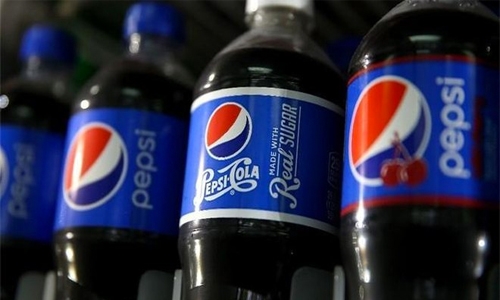Failed Pepsi, Nivea ads show industry's diversity problem
New York : Recent high-profile advertising missteps by Pepsi and skin-care company Nivea underscored anew Madison Avenue's awkward relationship with racial diversity at a time when the United States is becoming less white.
PepsiCo's ill-fated "Moments" spot, featuring model Kendall Jenner, was quickly pulled with an apology after being vilified for trivializing the "Black Lives Matter" movement.
Nivea also apologized and withdrew an ad for a deodorant after its "White is Purity" pitch was embraced by white supremacists.
Social media had a field day with the botched campaigns, which seemed to suggest scant progress from the white male bubble of the 1960s depicted in the popular television series "Mad Men."
"Between Nivea's 'white is purity' ad and Pepsi's 'Black soda matters' ad, I think it's time to open my 'Ask a Black person' consulting firm," comedian Travon Free said on Twitter.
In fact, data shows a diversity deficit in a sector that both reflects and molds public sentiment.
Only 4.1 percent of advertising industry employees in the country are African Americans, well below their 13.3 percent of the overall population. Latinos account for 12.3 percent of the industry, compared with 17.6 percent of the population.
Nearly half of respondents among advertising employees said the industry was "terrible" or "not great" at hiring diverse professionals, with another 25 percent describing it as "mediocre," according to a survey released last September by the American Association of Advertising Agencies.
The trade group's outgoing president Nancy Hill made publicly calling out "racist and misogynistic behavior" her New Years resolution for 2017.
"I have realized given the current climate in our country and our industry, that doing that privately is tantamount to condoning the behavior," Hill said in a column on a marketing industry website.
"Others involved need to know that this industry does not tolerate this kind of thinking and its resulting behavior any longer."
Some major advertisers, such as Verizon, General Mills and Hewlett-Packard have threatened to fire firms that aren't diverse enough.
Related Posts

